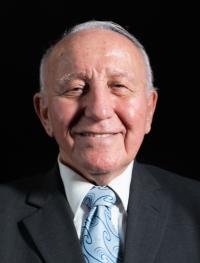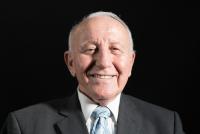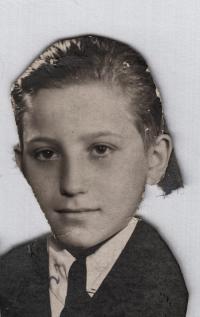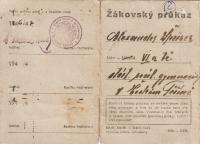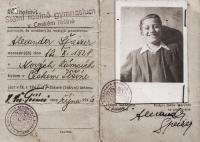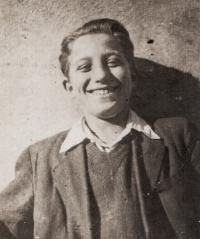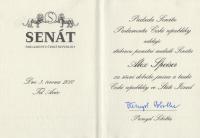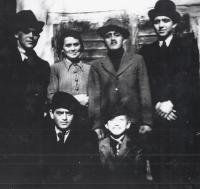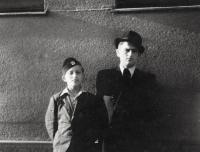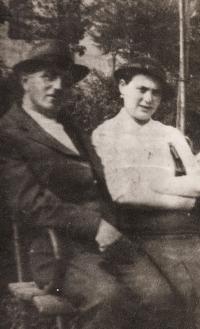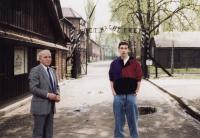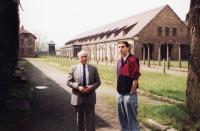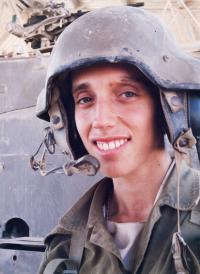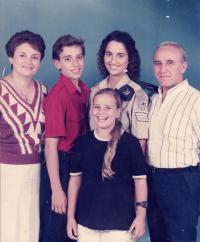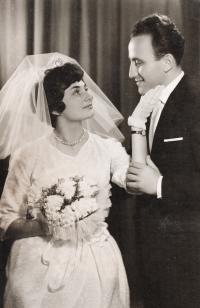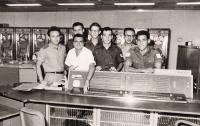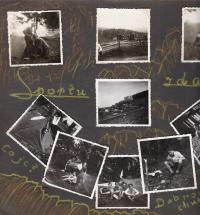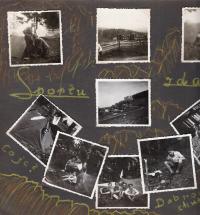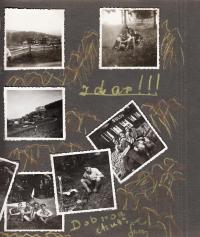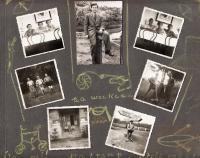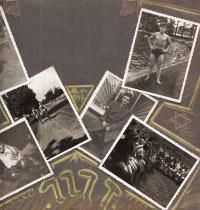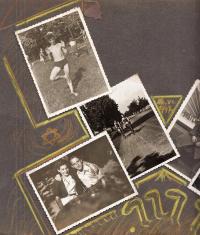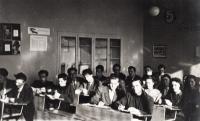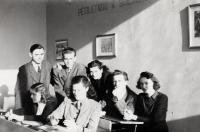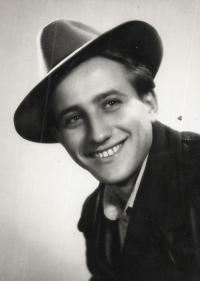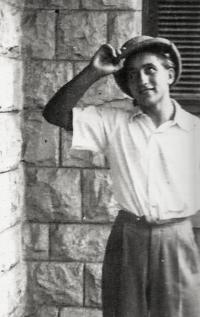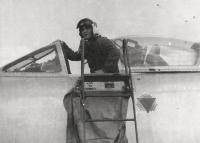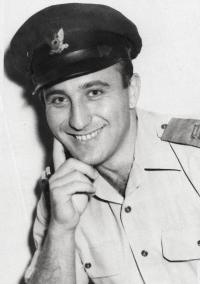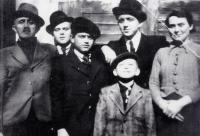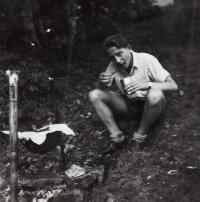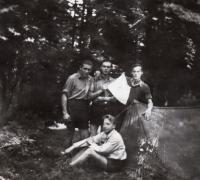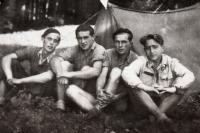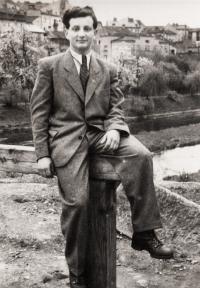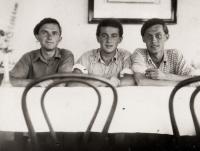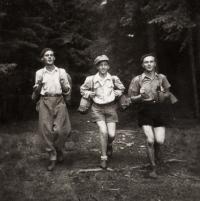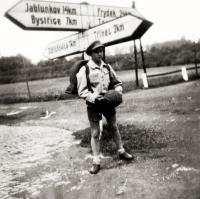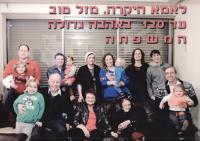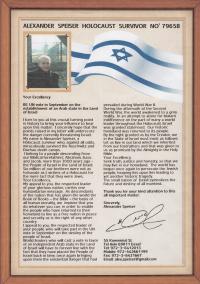Son, take care of your father.

Download image
Alexander (Alex) Speiser was born on October 12, 1928, in Nové Zámky, South Slovakia, in a Jewish religious family. He was the youngest of three sons. In 1932 the family moved to Český Těšín, where the father worked as a merchant. When the Těšín region was seized by Poland in 1938, the family returned to Nové Zámky, where they lived until 1944. In May 1944 Alexander and his parents were taken to a ghetto in Nové Zámky, from where they left for Auschwitz on May 15, 1944. Alexander and his father came through the selection as able of work, mother was murdered. The then fifteen-year-old Alexander found himself in a gypsy camp from where he later secretly moved, with 1,200 other younger boys, in the camp where his father was. After five months in Auschwitz in October 1944 they both passed the selection process and left for Dachau, from where they were transported to a camp in the nearby Allach. They worked in an BMW factory as cleaners, Alexander was later a servant for the camp officer’s family. On May 1, 1945, he and his father saw the camp libertated by the U. S. Army. They returned to Nové Zámky but shortly moved to Český Těšín. Alexander went to a grammar school there, passed the school-leaving exam in May 1949 and in the same month left for Israel. In 1950 to 1963 he served in the Israeli army, first as a pilot, later as a logistics manager. On retirement from the army he founded a private company. In 1962 he married and he and his wife had three children. In 2010 he was awarded a medal by the Czech Senate, in recognition for his achievements in spreading the good name of the Czech Republic in Israel. Alex Speiser lives in Tel Aviv.
